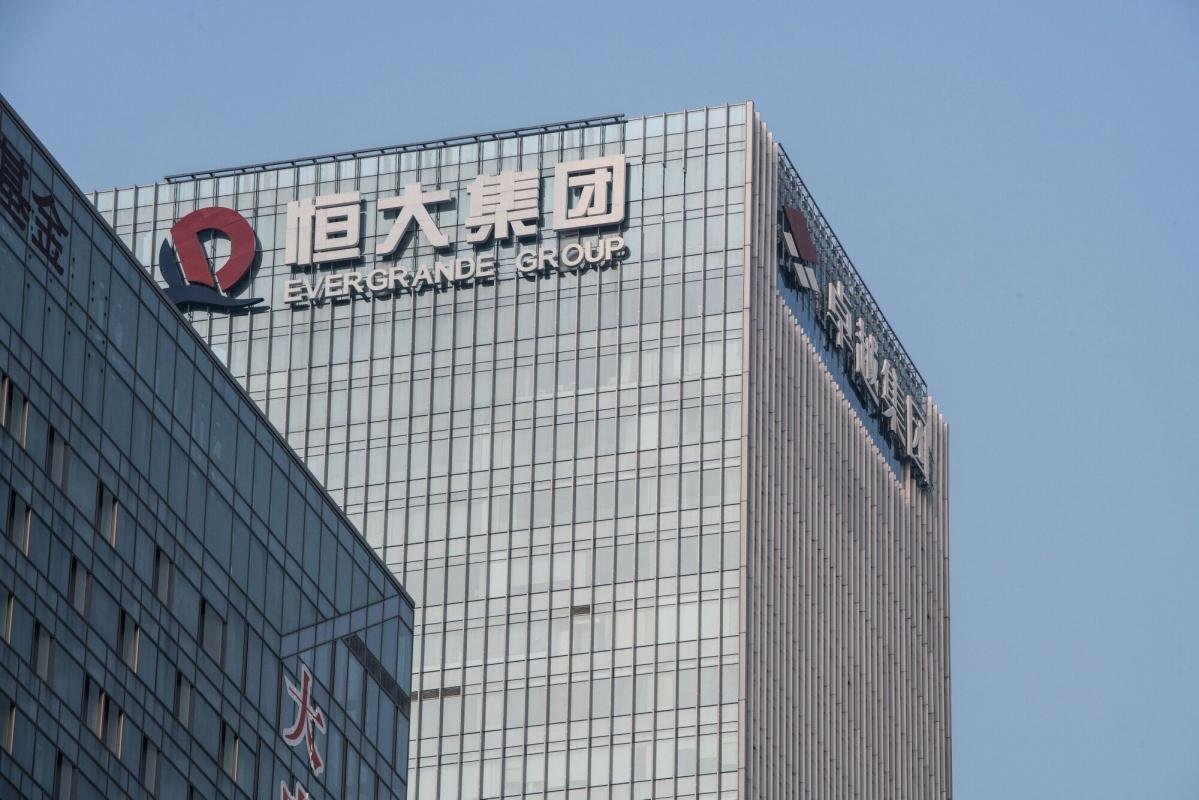(Bloomberg) — China’s Evergrande Group, the real estate conglomerate whose default two years ago precipitated a broader real estate debt crisis in the country, sought Chapter 15 bankruptcy protection in New York on Thursday.
Most Read from Bloomberg
The move shields it from US creditors while it works on a restructuring deal elsewhere. The China Homebuilder’s Chapter 15 petition cites restructuring actions being carried out in Hong Kong and the Cayman Islands.
International debt restructuring deals sometimes require a Chapter 15 filing in the course of completing the transaction. Last year, Beijing-based developer Modern Land China filed for Chapter 15 bankruptcy after failing to repay a $250 million bond, saying it would go ahead with an offshore debt restructuring deal.
The fate of Evergrande has wide ramifications for China’s $60 trillion financial system, and could send ripples through banks, trust funds and millions of homeowners, in what would be one of the country’s largest ever restructurings. The sheer scale of his more than $300 billion in liabilities means the process is sure to be a long one.
Sentiment towards Chinese markets was shaken this month after Country Garden Holdings, one of the country’s largest real estate developers, headed for default for the first time, amid record debt failures by builders. The situation worsened in recent days when the financial conglomerate Zhongzhi Enterprise Group Co. Alarm after subsidiaries defaulted on payments for some investment products.
China’s real estate debt crisis is rapidly deepening, as it approaches its fourth year. Developers who used to wallow in debt to fuel a development frenzy faced their first clue of change in 2020. That’s when authorities drew up “three red lines” outlining leverage standards that builders must meet if they want to borrow more money. Chinese dollar bonds, largely issued by developers, have plunged into crisis, with prices now averaging around 65 cents, according to the Bloomberg Index.
Evergrande has been working for months to finalize its foreign debt restructuring plan. The company revealed in April that it had not yet secured the level of creditor support needed to implement the plan. In July, it received court approval to hold a vote on the deal. The company said earlier this week that it had held so-called planned meetings of creditors through August 28.
Evergrande defaulted on a dollar bond for the first time in December 2021 after months of uncertainty about its finances. The company’s struggles helped trigger the initial wave of concerns about China’s real estate sector that have continued to grow.
Evergrande’s electric vehicle unit has agreed to sell nearly 28% of its stake to Dubai-based startup NWTN, sending shares of the automaker soaring earlier this week on expectations that the deal could keep it in business. NWTN announced Monday that it will invest $500 million in China Evergrande New Energy Vehicle Group Ltd. In exchange for the shares and the majority of the board of directors of the electric vehicle manufacturer.
“Debt Evergrande’s plan could be helped by the developer’s disposition” of the stake, writes Daniel Fan and Adrian Sim, analysts for Bloomberg Intelligence. NWTN can become the largest shareholder upon full exchange of the unit’s mandatory exchangeable bonds, and access to EV unit financing will help value those securities in the Evergrande debt plan as well as normalize production of Hengchi 5 EVs.
Evergrande’s bankruptcy attorney did not immediately respond to a request for comment. Its landscape flight unit has also applied for Chapter 15 protection, along with subsidiary Tianji.
The case is China Evergrande Group and Jimmy Fong, 23-11332, US Bankruptcy Court for the Southern District of New York (Manhattan).
— With assistance from Jonathan Randles, Stephen Church, and Lulu Yilon Chen.
(adds more context throughout)
Most Read from Bloomberg Businessweek
© 2023 Bloomberg LP
